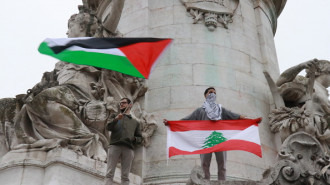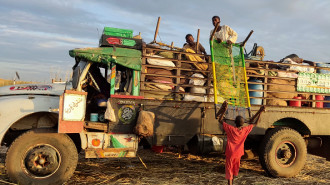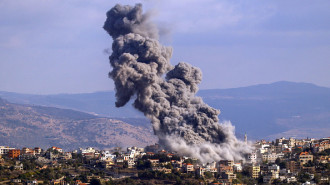Iraqi Kurdish authorities must end 'chilling' protest crackdown, Amnesty International says
Iraqi Kurdistan authorities must end their "chilling" crackdown on activists, protesters, and journalists, Amnesty International said on Tuesday.
Kurdish security forces reportedly arrested over 100 people in the Duhok governorate, bordering Turkey and Syria, between March 2020 and April 2021 in relation to protests, Amnesty said. The arrests were concentrated in Badinan, an area in the northwest of the governorate.
Amnesty said in its public statement that security and judicial authorities committed human rights violations, including arbitrary arrest and detention and unfair trials. Security forces did not explain to detainees the reason for their arrest, nor inform families of what would happen to their loved ones. Some detainees said they had been tortured and forced to make confessions.
"The authorities in the Kurdistan Region of Iraq have launched a chilling crackdown in their efforts to silence critics over the past year," said Lynn Maalouf, Amnesty International’s Middle East Deputy Director.
"The Kurdistan Region of Iraq authorities must end the crackdown and immediately release all of those who have been arbitrarily detained."
At least 30 of the over 100 people arrested remain in detention, Amnesty said.
The human rights organisation documented the arrests of 14 people from Badinan.
"All 14 individuals were held incommunicado for periods ranging between a few days to five months; six were subjected to enforced disappearance - a crime under international law, for periods of time ranging between 10 days to over three months," Amnesty said.
Among the cases highlighted in the report were those of five Badinan activists and journalists. They were sentenced to six years in jail, for charges related to threatening Iraqi Kurdistan's security and sovereignty. Their sentences were upheld in May.
The detention and trial of the Badinan five received widespread condemnation, including from the United Nations mission in the country.
The Kurdistan Regional Government (KRG) has come under fire for its treatment of dissidents and journalists, particularly in the last two years.
Journalists working independently or for outlets linked to opposition party have been arrested, while news offices were shut down - sometimes for months at a time because of their coverage of protests demanding regular salary pay, provision of basic services, and an end to corruption that engulfed Iraqi Kurdistan's towns and cities last year. At least eight people were killed during the protests.
The government has blamed the inability to pay salaries and provide better services on delays in receiving money from Baghdad, and, during the height of the coronavirus pandemic, the global oil price crash.

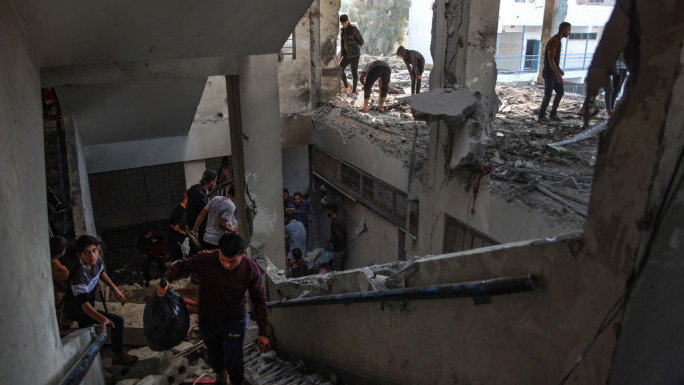
![President Pezeshkian has denounced Israel's attacks on Lebanon [Getty]](/sites/default/files/styles/image_684x385/public/2173482924.jpeg?h=a5f2f23a&itok=q3evVtko)

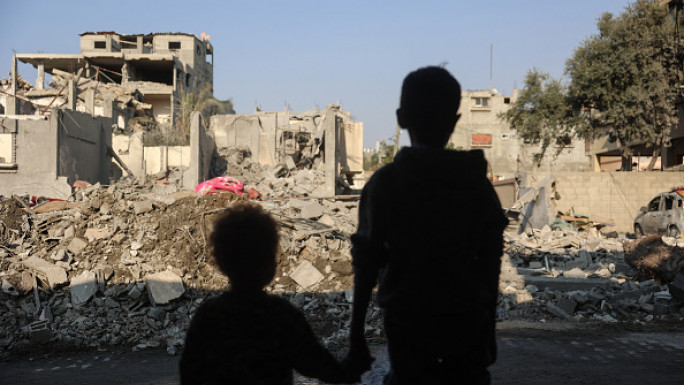
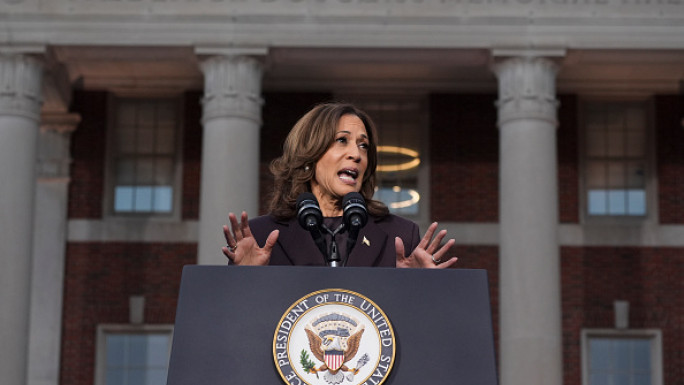
 Follow the Middle East's top stories in English at The New Arab on Google News
Follow the Middle East's top stories in English at The New Arab on Google News
